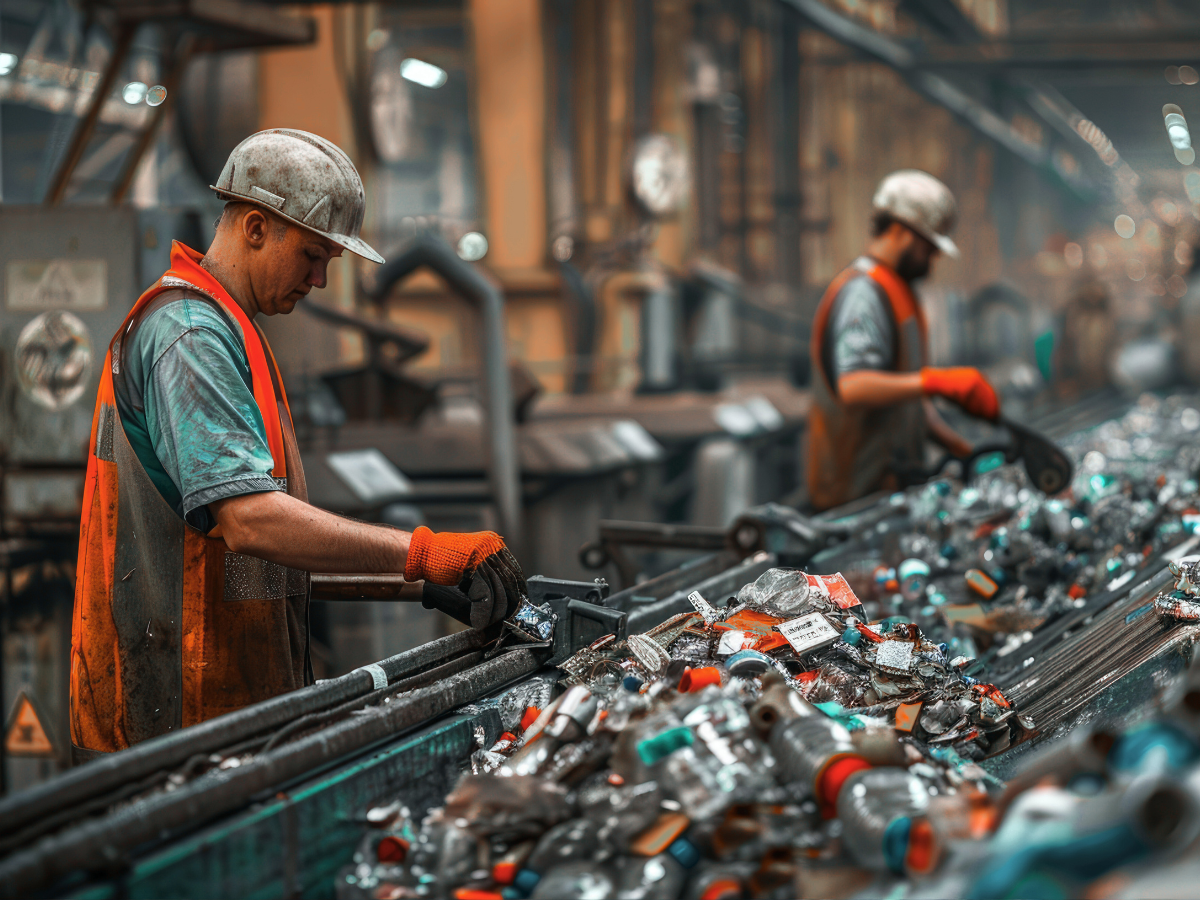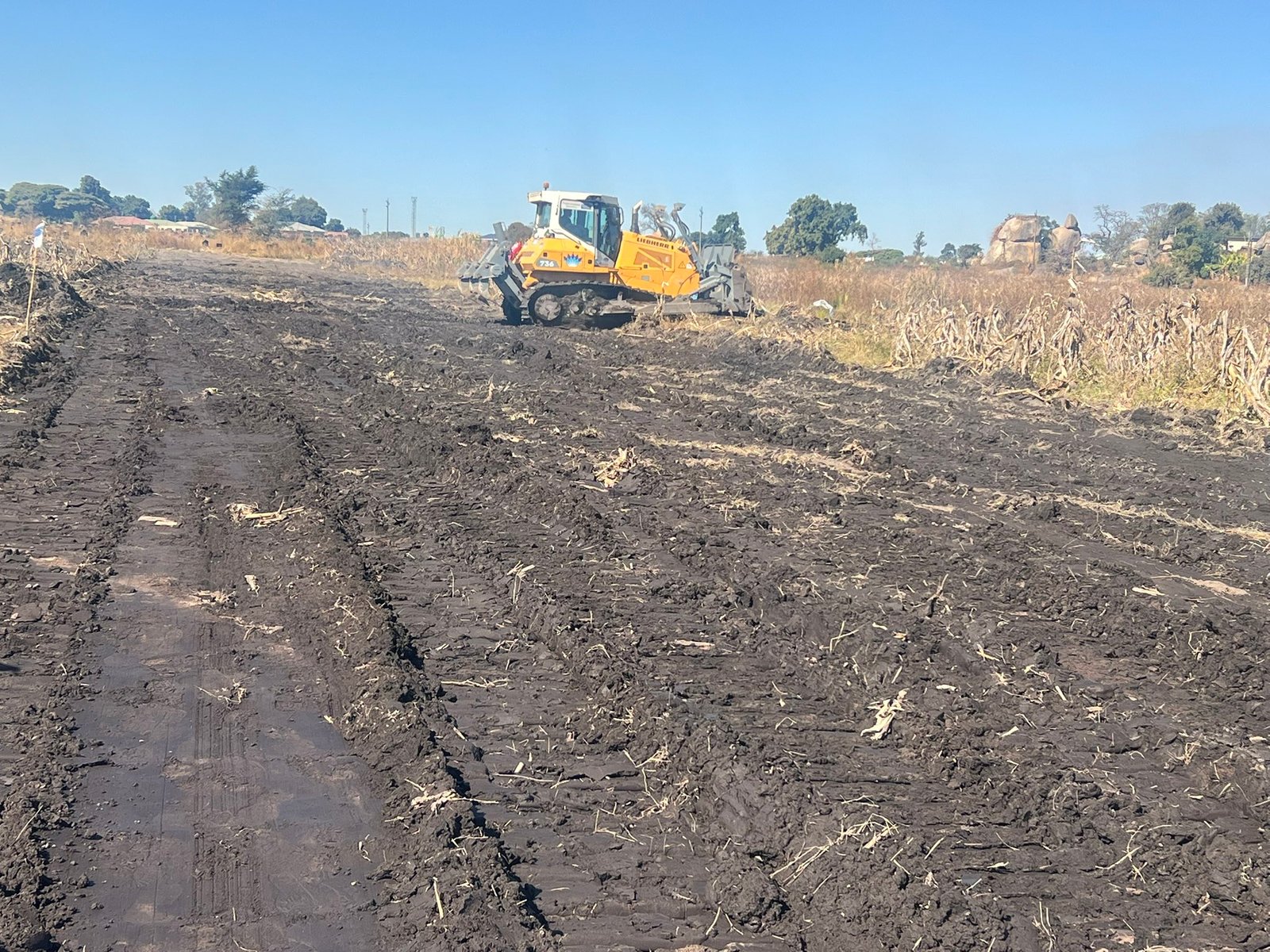Sweden has mastered the art of waste management so efficiently that it ran out of garbage, and now imports waste from other countries to keep its recycling plants running.
The Scandinavian country’s recycling system is so sophisticated that only less than 1 percent of its household waste was sent to landfill last year.
The country sources almost half its electricity from renewables. Nearly 70% of its electricity from renewable energy, primarily hydropower and wind. Hydropower contributes around 40%, while wind energy has grown rapidly to supply about 21–25%. Biomass, solar, and waste add smaller shares, while fossil fuels account for less than 1%.
“Swedish people are quite keen on being out in nature and they are aware of what we need to do on nature and environmental issues. We worked on communications for a long time to make people aware not to throw things outdoors so that we can recycle and reuse,” said Anna-Carin Gripwall, director of communications for Avfall Sverige, the Swedish Waste Management’s recycling association.
Sweden, which was one of the first countries to implement a heavy tax on fossil fuels in 1991, has implemented a cohesive national recycling policy so that even though private companies undertake most of the business of importing and burning waste, the energy goes into a national heating network to heat homes through the extremely cold winter.
“That’s a key reason that we have this district network, so we can make use of the heating from the waste plants. In the southern part of Europe they don’t make use of the heating from the waste, it just goes out the chimney. Here we use it as a substitute for fossil fuel,” Gripwell was quoted as saying by the Independent.
“There’s a ban on landfill in European Union countries, so instead of paying the fine they send it to us as a service. They should and will build their own plants, to reduce their own waste, as we are working hard to do in Sweden,” Gripwall said.
“Hopefully there will be less waste and the waste that has to go to incineration should be incinerated in each country. But to use recycling for heating you have to have district heating or cooling systems, so you have to build the infrastructure for that, and that takes time,” she added.
Swedish municipalities are investing in futuristic waste collection techniques, like automated vacuum systems in residential blocks, removing the need for collection transport, and underground container systems that free up road space and get rid of any smells, the report said.
If countries around the world adopted Sweden’s effective waste management practices, much of the environmental damage caused by improper waste disposal could be significantly reduced or even avoided.





